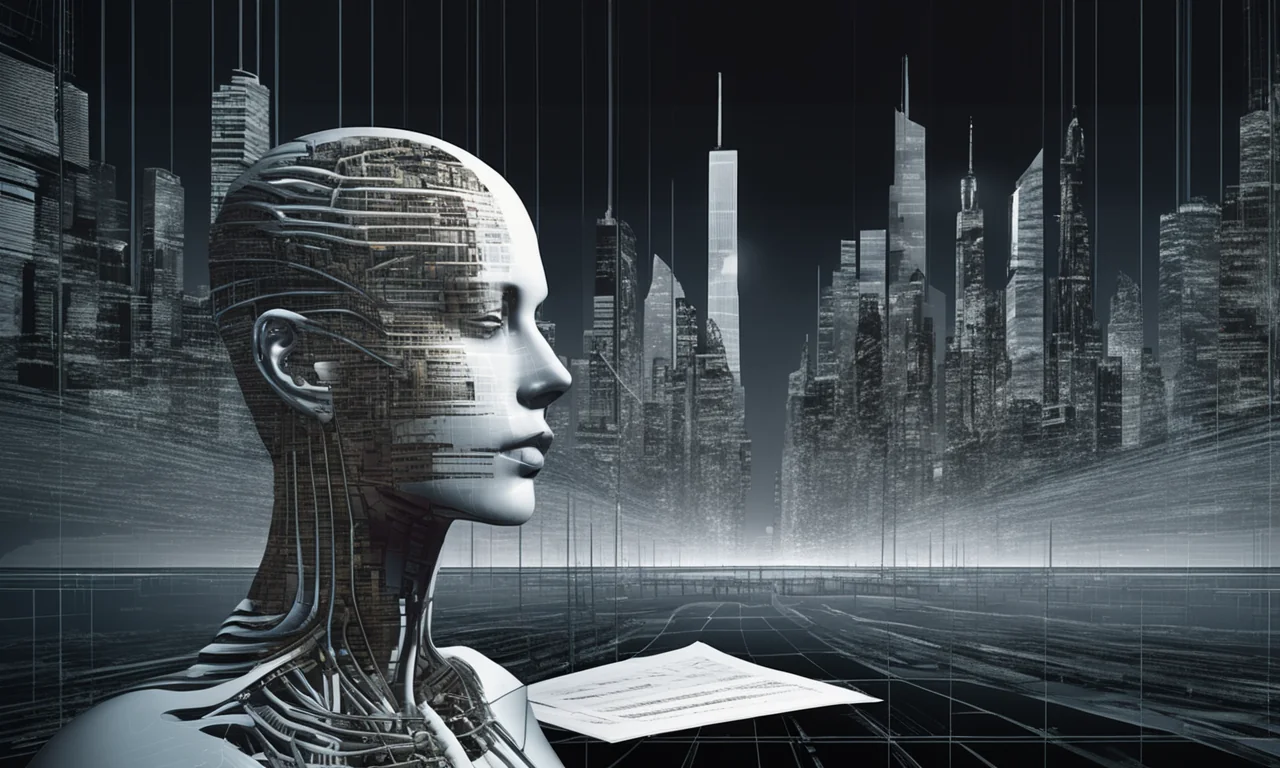
Tourist Hazards and Device Delays Expose an AI Trust Gap
The reliability backlash fuels multi-model verification proposals and pressures for transparent regulation.
r/artificial spent the day toggling between existential dread and consumer-grade frustration, while the industry's power brokers played lawyerly chess. If you want a throughline, it's this: the community is done worshiping inevitability and is back to interrogating incentives, trust, and who actually benefits when AI “improves.”
Safety theater versus societal reality
Apocalypse anxieties reappeared in an image-driven thread that dryly reminds us the obvious through a Rockwell pastiche, as the community debated the claim that superintelligence wiping us out would, indeed, be bad in the AI-doomsday riff. That anxiety collided with a more technical challenge to false binaries about how models learn in the “absurd science fiction” provocation, while a dissenting essay in the “AI won't make us more humane” thread rejected the myth that sharper tools yield kinder societies.
"Don't forget: regulating AI hastens the antichrist!"- u/go_go_tindero (17 points)
"Couldn't agree more. In the end the small minority influences the majority always and we have to change that. We need to be more introspective and cohesive as a society. Rather than power hungry people controlling the shifts of humanity and society allowing it"- u/Small_Accountant6083 (3 points)
Policy tried to bridge the gap with pragmatism: the California SB 53 coverage framed transparency mandates as compatible with innovation. Yet the subreddit's mood suggests compliance theater won't fix moral failures; exports, chips, and competition pressures still dictate behavior more than any “responsible AI” press release.
Trust is the product: hallucinations, moving goalposts, and stalled hardware
At street level, the reliability crisis is acute. A cautionary report warned that AI trip planners are steering travelers into danger, spotlighted in the tourist landmark hallucination case. That skepticism dovetailed with a cultural eye-roll in the goalposts-moving critique, which captures a community tired of pundits alternating between “not impressive” and “too powerful.”
"I simply don't understand why people are so willing to take what any of the platforms say at face value with 0 double checking, particularly years in like this. Cognitive dissonance?"- u/Beginning-Struggle49 (3 points)
"Who tf is saying it's not an improvement? All I hear is how scary good it's getting at making deep fakes"- u/Dave-the-Dave (6 points)
Users proposed a bottom-up fix: a “panel of models” approach that compares outputs, weighs evidence, and synthesizes only the most trustworthy results in the AI meta-synthesizer idea. Meanwhile, the top-down hype faltered, as the OpenAI-Jony Ive device delay underscored the hard truth: privacy, personality, and compute economics are not UX polish problems; they are existential constraints for “always-listening” gadgets.
Power games: litigation, reputations, and the cost of chaos
When narrative management fails, coercion is the fallback. The community's read on Silicon Valley's nastier edge came through in a Telegraph-sourced talent war, where lawsuits become a recruiting strategy and loyalty is litigated as much as it's earned. It's a reminder that “open” AI often operates under closed power structures.
And when the money runs out, the mask slips. The Builder.ai loan fraud allegation resonates less as an isolated scandal and more as a warning: if governance and auditing trail the speed of hype, the real synthetic product isn't intelligence—it's trust set on fire.
Journalistic duty means questioning all popular consensus. - Alex Prescott